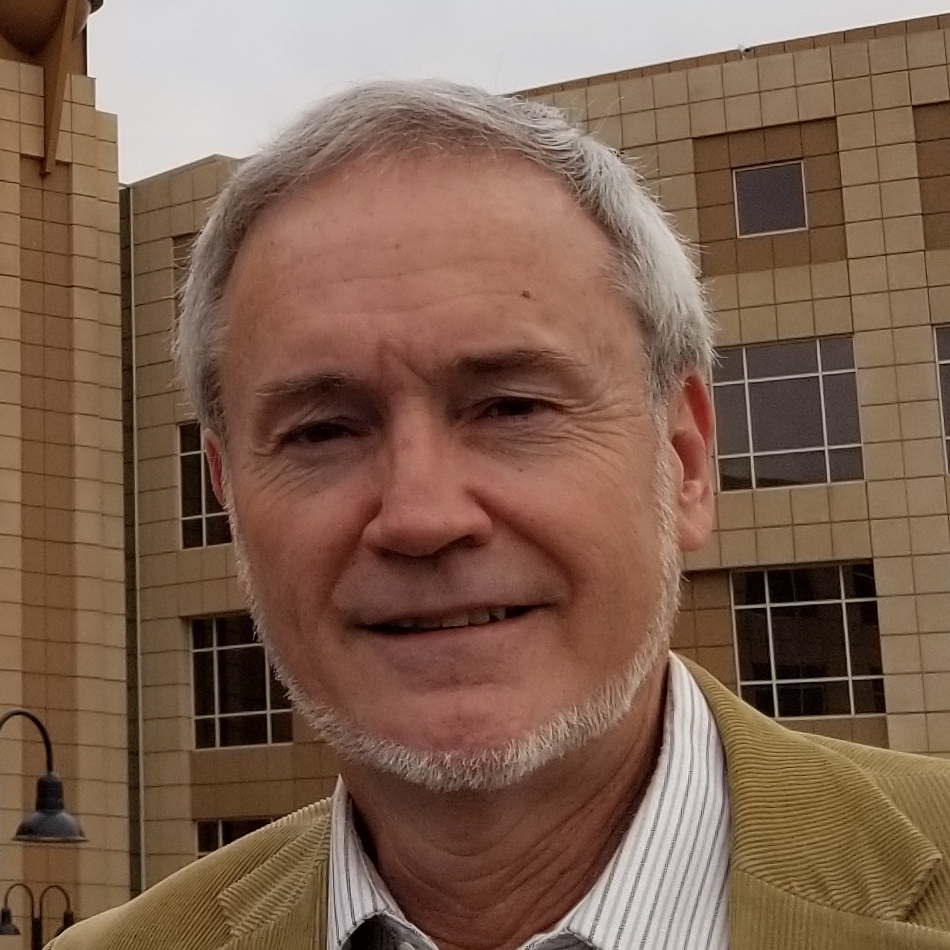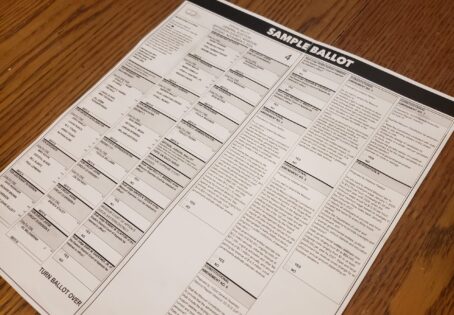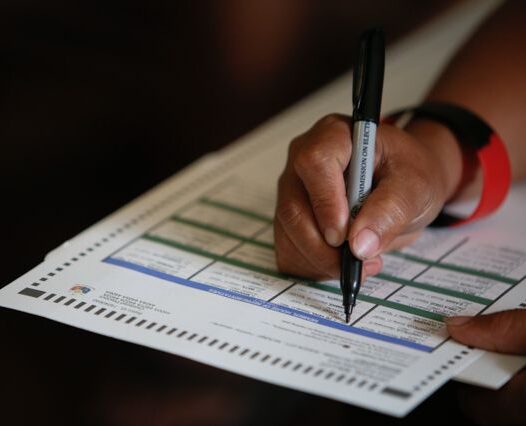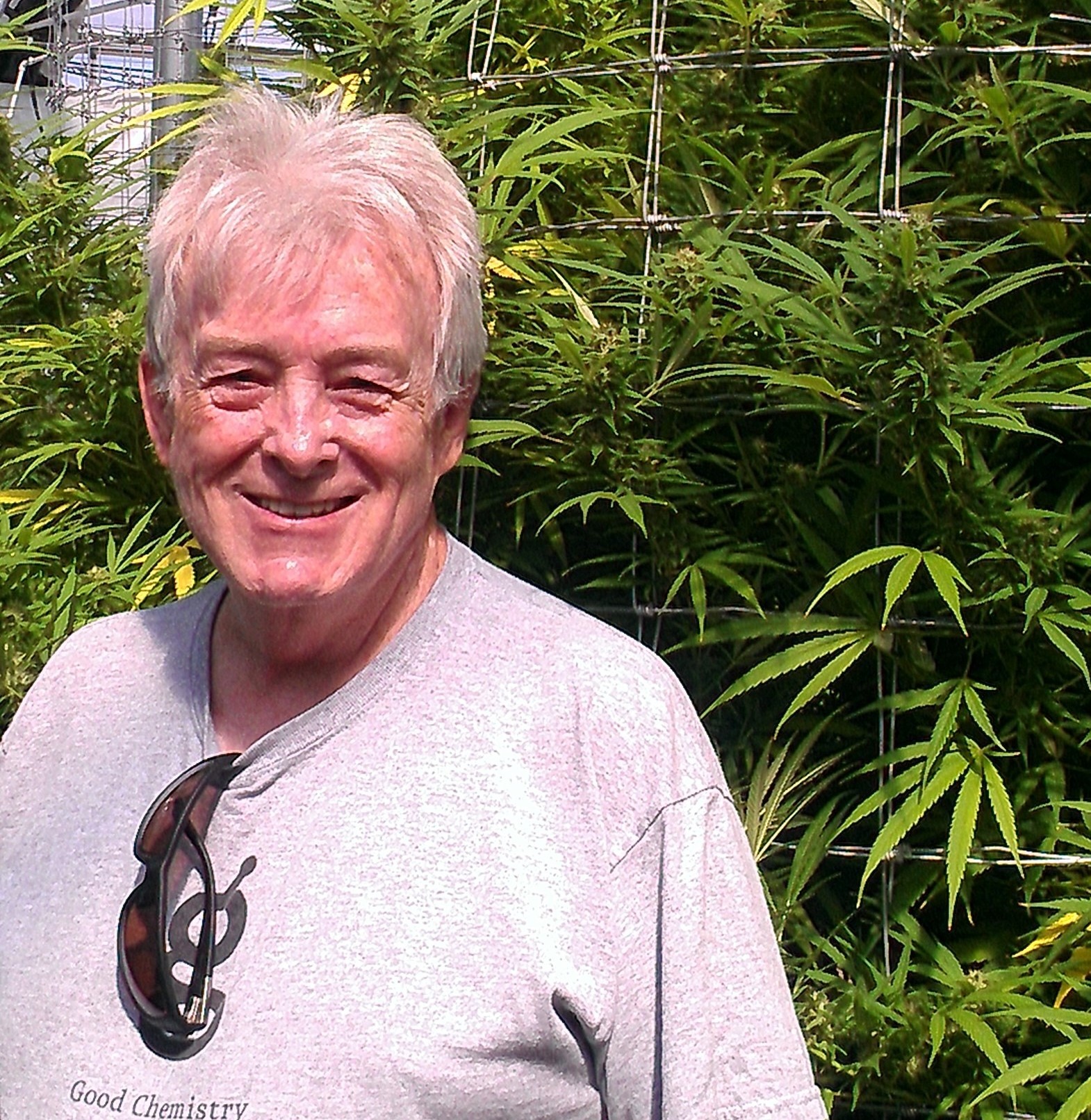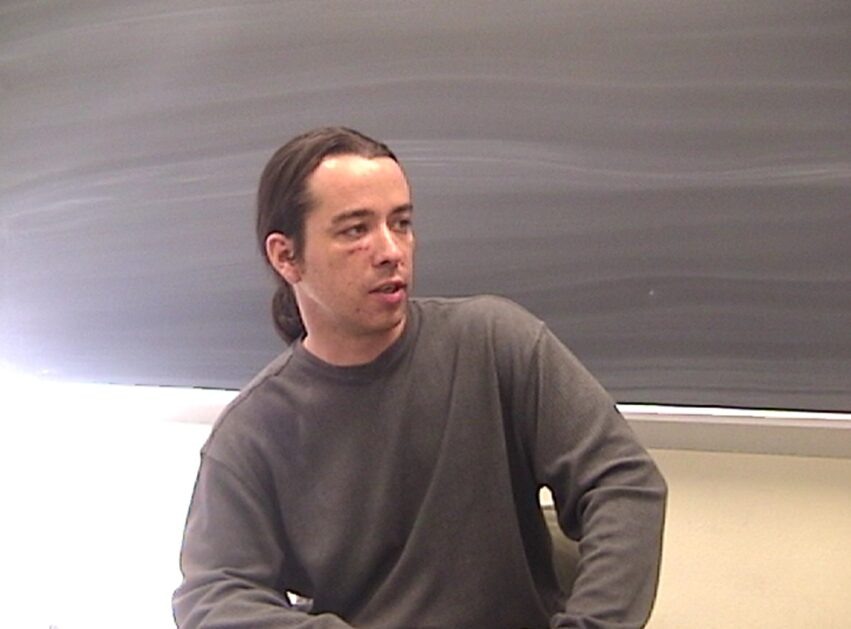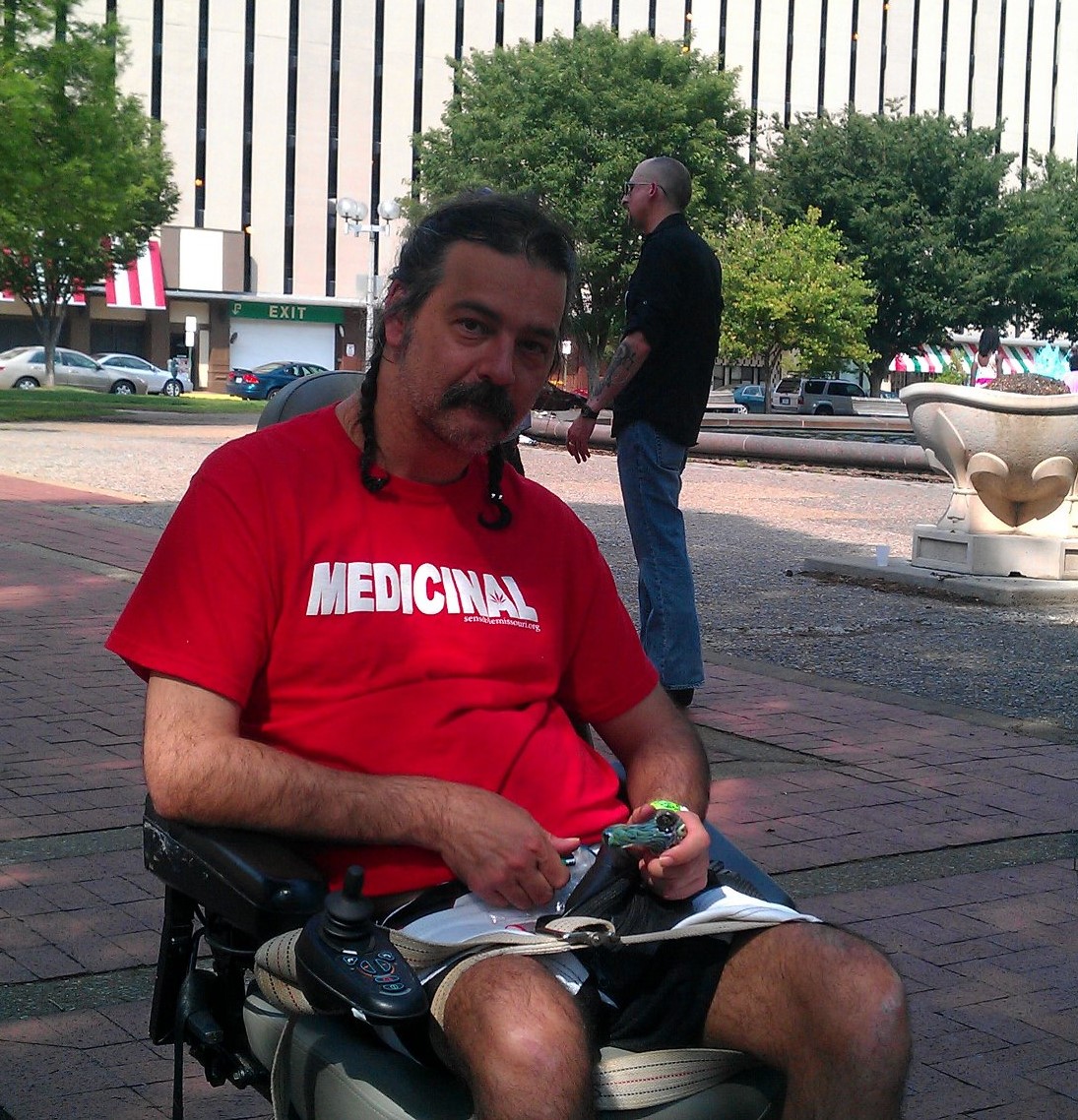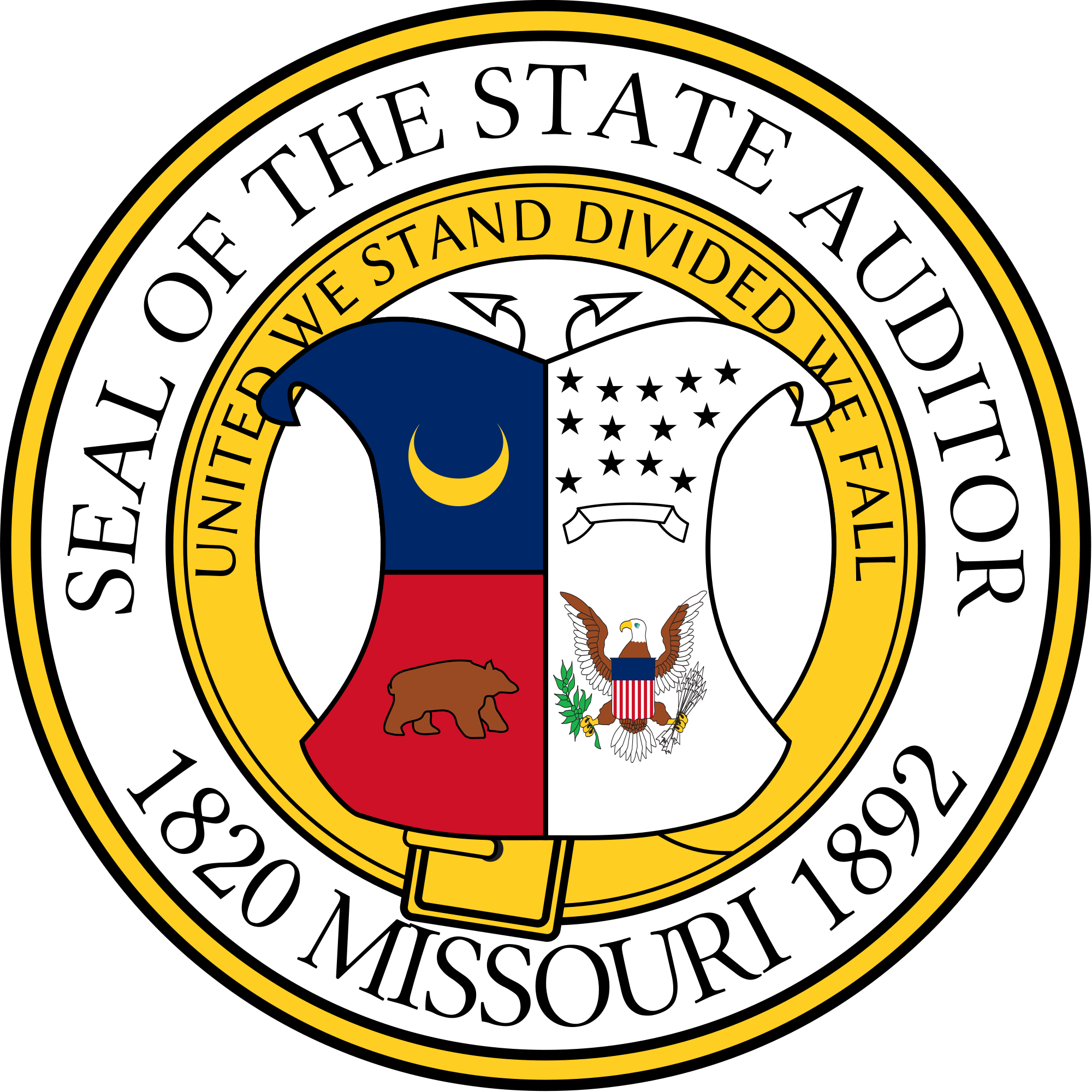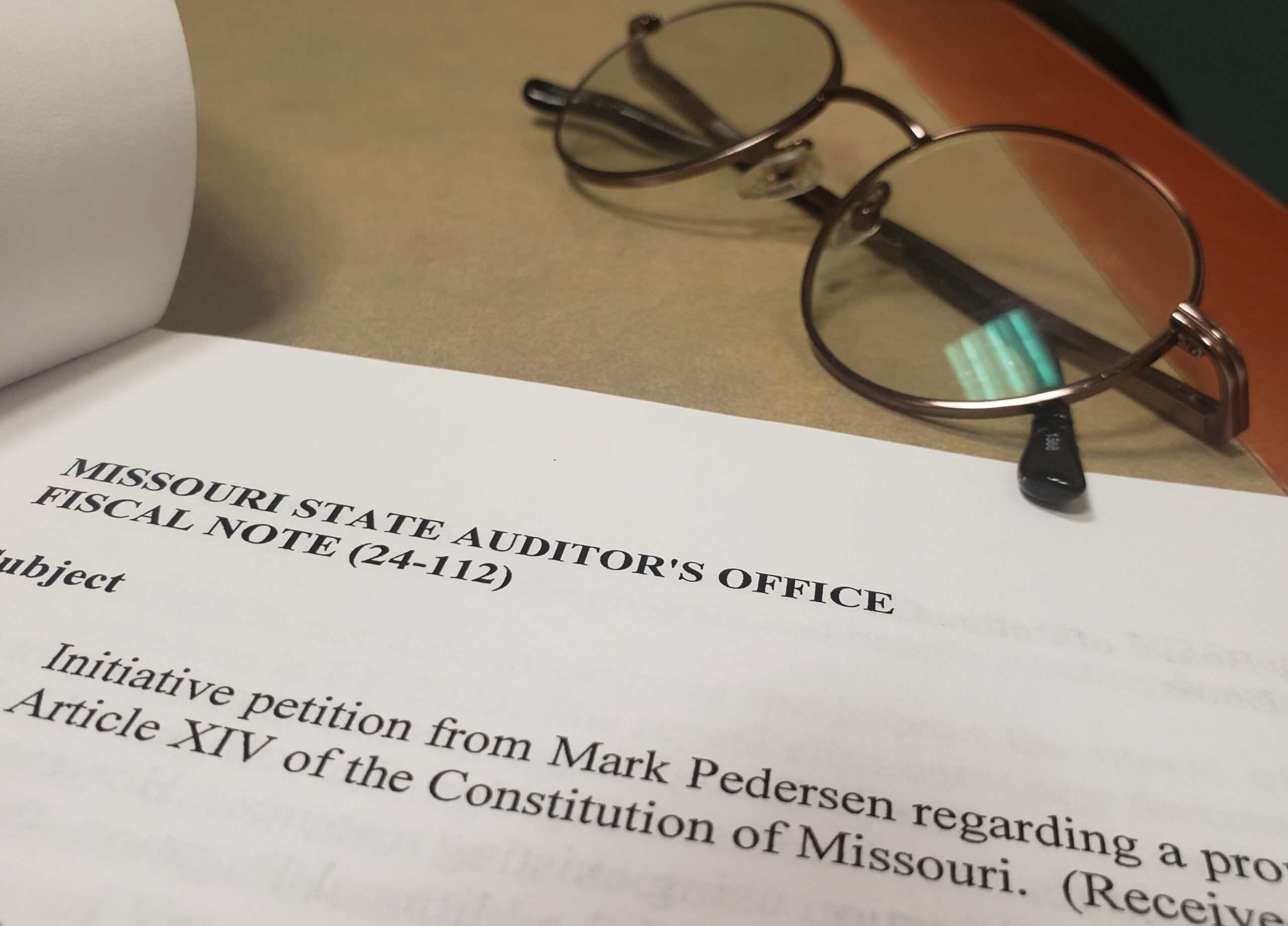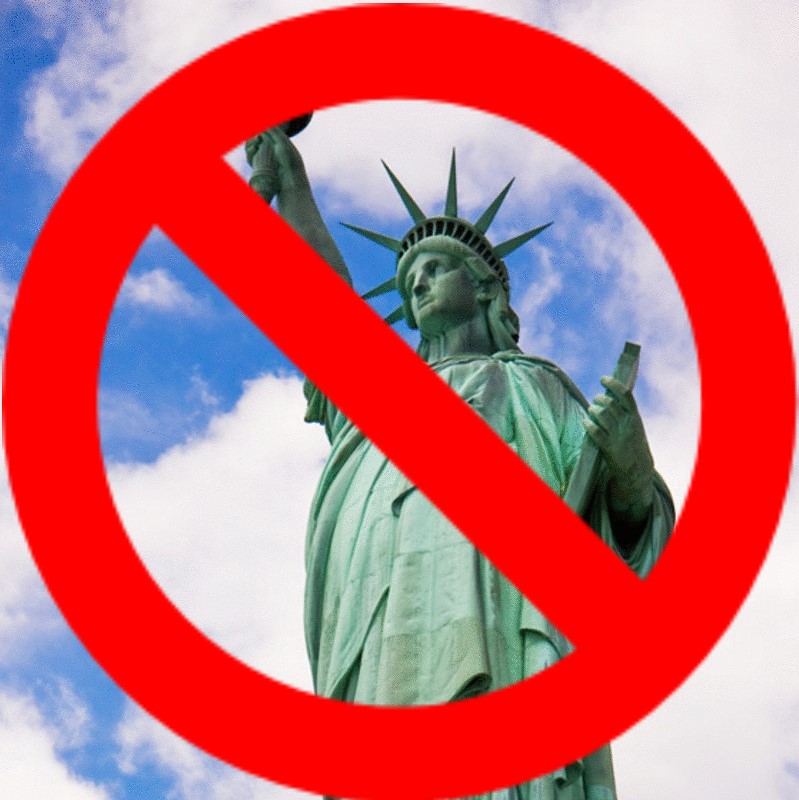If you have been following along with my articles regarding the “Five Most Important Issues in Cannabis Reform”, then you’re probably already familiar with the first four:
3. The Fallacy of Baby Steps in Cannabis Reform
4. Why Removal from the CSL is so important
And last, but certainly not least is,
No. 5, “Amnesty and Cannabis”.
Let’s talk about it.
Amnesty for nonviolent Cannabis crimes has been a popular, and absolutely vital aspect of EVERY initiative that I have written over the last ten years. What’s more, it’s been one of the most plagiarized components of my initiative, “Cannabis Restoration”.
Why? Well, that should be obvious to most.
Many have suffered over the last eighty plus years since the enacting of the “Marijuana Stamp Act”. From the very beginning, the intension of our elect was to make penalties so severe, no one in their right mind would touch Cannabis.
The truth be known, Cannabis was legalized Federally in 1969 when the “Marijuana Stamp Act” was proven in court to be unlawful. In 1970, then President, Richard Nixon had Cannabis put on the newly established, “Controlled Substance List”.
As it was made public later, Nixon insisted that Cannabis be a Schedule I to ensure that war protesters, who he labeled “pot smoking hippies”, could be arrested. And true to form, they were.
Cannabis has remained as a Schedule I drug – nationally, and in most states – ever since. It was just too easy of a tool for so many.
Many have been abused at the hands of law enforcement and the courts. People have lost their freedom, their jobs, their marriages and their children… all because of the draconian laws regarding Cannabis. Cannabis has been used as a reason to search cars and homes – and take individual’s cars and homes…and so much more.
When it comes to Cannabis, law enforcement has had the means to void our civil rights and, in fact… even profit from what belongs to us. They rake in over 12 billion dollars a year through civil forfeiture. Of course, those who have been unfortunate enough to be arrested, know the persecution goes far beyond that.
“Popular” Cannabis law reform groups (I should not have to name them) like to brag when they help someone “plea bargain” their case, but by the time that “the accused” makes it to court, they have already suffered GREATLY…and lost much.
Over the past many decades, Cannabis consumers have longed for the day when they wouldn’t have to be in fear. The fear is real. It lives inside all of us who have been threatened and persecuted by over zealous law enforcement and the courts. We would all like to think that all of that is behind us now. But even if Cannabis were to suddenly become legal, the harm that had been done to so many would linger. Felonies, if not somehow removed, live on for the lifetime of the felon. A felony conviction will greatly limit one regarding employment and housing. What’s more, a felon can never own a handgun, or even a hunting rifle. No amount of “time served” will ever restored that right.
These things and the stigma they represent, determine one’s place in society. It doesn’t matter if the felony was committed righteously, or if the law that determined the action to be felonious no longer exists. It’s still a felony. That’s really all that matters when you’re filling out an employment application, or when you see approaching flashing lights in your rearview mirror.
In writing Cannabis Restoration, my thoughts were not of “industry building”, as we have seen to be the case with virtually all Cannabis reform policy throughout this country. I didn’t dream of opening a string of “pot” shops. My concern was for the Cannabis consumer, most particularly, the poor and the sick. What would be most just for them?
For those who endured arrest and imprisonment, their freedom should be paramount. But they deserve much more. We cannot return the years suffered in prison cells or take away the tears and pain experienced, but we can unlock the cell doors and release the handcuffs. And we CAN erase the records (not just bury them).
Some politicians and self-proclaimed activists have proposed that ex-felons can have attorneys petition the courts on their behalf… To beg for the dispensation everyone else takes for granted. Though that might seem like a profitable niche for defense attorneys and the organizations that represent them, it only adds to the shame and financial hardship endured by those who have gone before us.
Who should pay for correcting this mess? Well, most certainly not those who have already lost so much financially. When state government runs amuck, we ALL pay for it. Only in our ending this injustice will our children be freed from this terrible burden.
Look… Releasing every citizen who is being held in Missouri jails and prisons who was put there for nonviolent Cannabis infractions is no more difficult than it was to put them there. Clearing charges and erasing records might seem tedious and expensive, but it in no way compares to what has been inflicted on so many Missourians. This must be done. AND IT MUST BE DONE RIGHT.
It would be unconscionable to force those persecuted for Cannabis to endure further financial hardship and ever more courtroom hoops.
Here is how “Cannabis Restoration” simply and matter-of-factly addresses this issue:
(d) Upon the passage of this Act, all persons incarcerated or under supervision of the [state] Board of Probation and
Parole for non-violent, Cannabis-only offenses, which are no longer illegal in the State of [state] under this Act, shall be
immediately released.
(e) Within 60 days of the passage of this Act, a legal document shall be developed and made available to the public
ordering the immediate destruction of all Cannabis-related non-violent civil and criminal records in [state] and for any
offense covered by this amendment which is no longer illegal in the State of [state] under this Act. This document shall
be distributed to all pertinent parties throughout the state.
f) Within 60 days, [state]’s Courts shall order the immediate expungement of civil and criminal records pertaining to all non-violent Cannabis only offenses which are no longer illegal in the State of [state] under this Act.
As pointed out by a Missouri statewide Audit, this action is both financially affordable and completely doable. No arbitration. No begging. No additional court or attorney fees required.
“Cannabis is NONTOXIC. Cannabis is food. Cannabis is the single most important medicine of the 21st century.”
